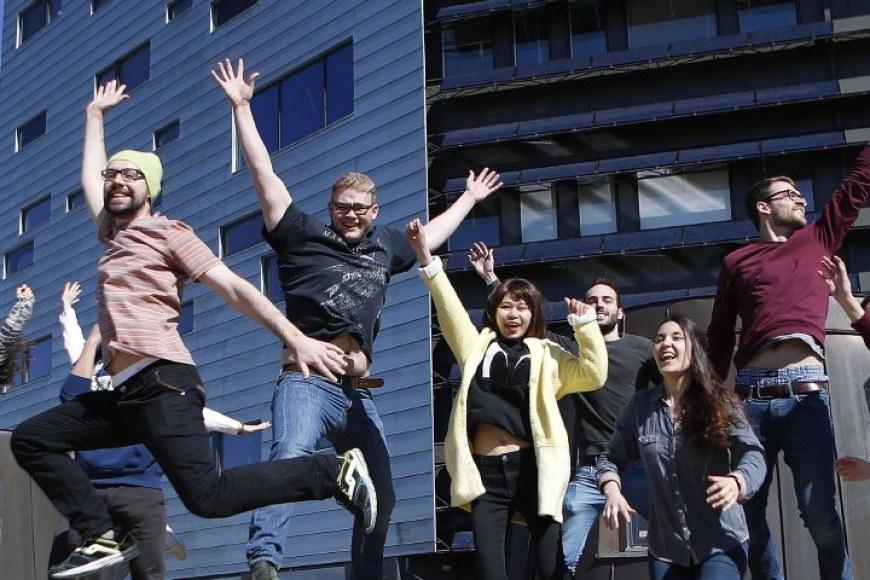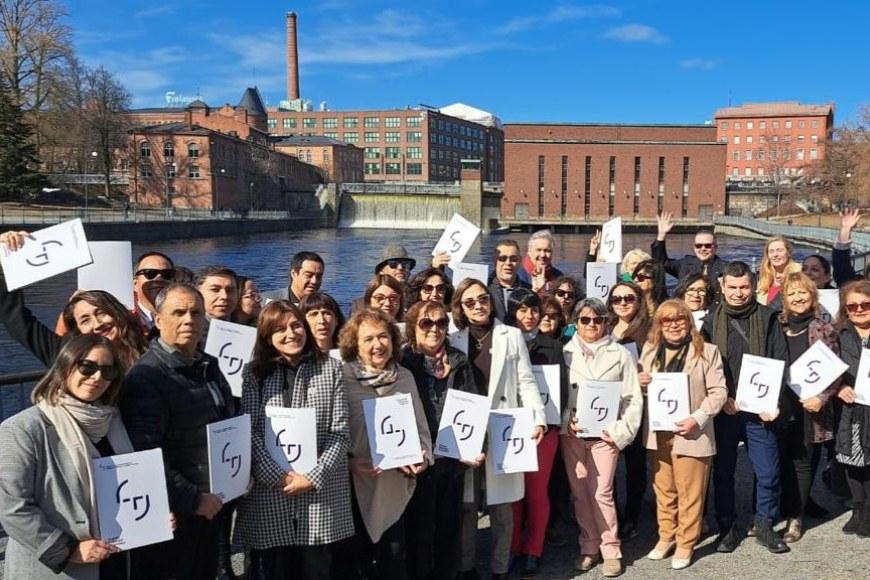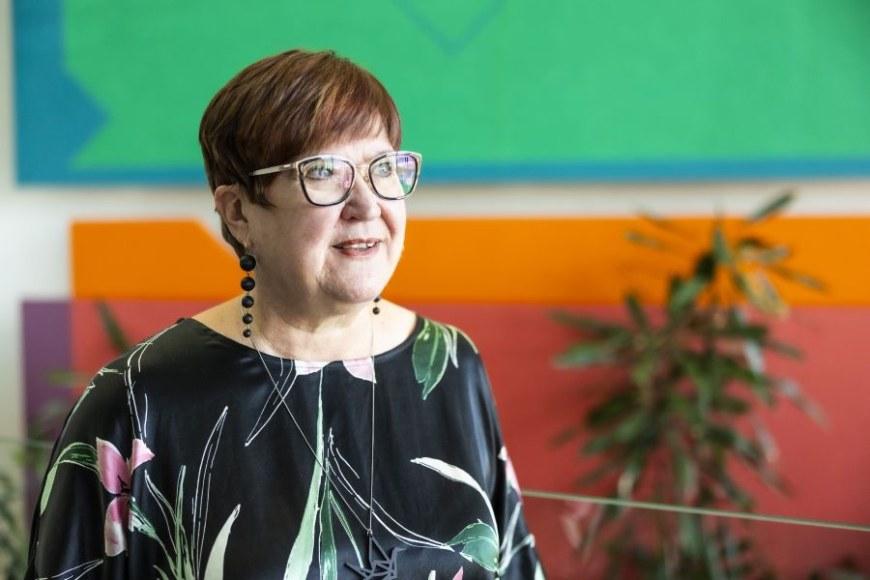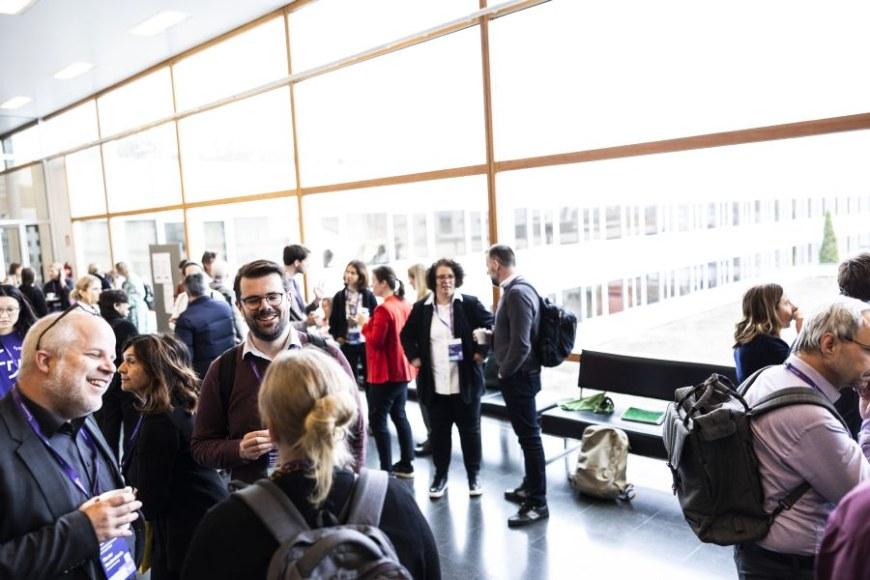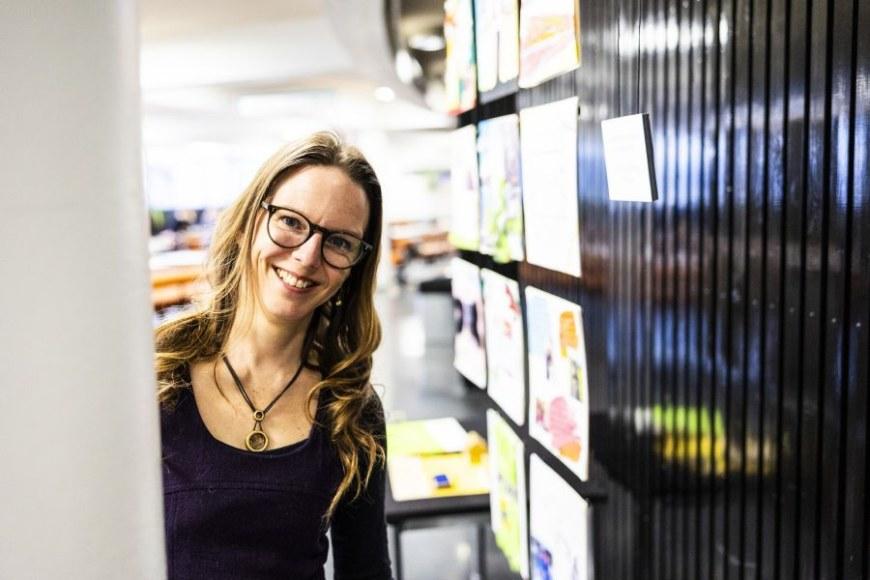New academy projects study celiac disease, diabetes and corneal blindness
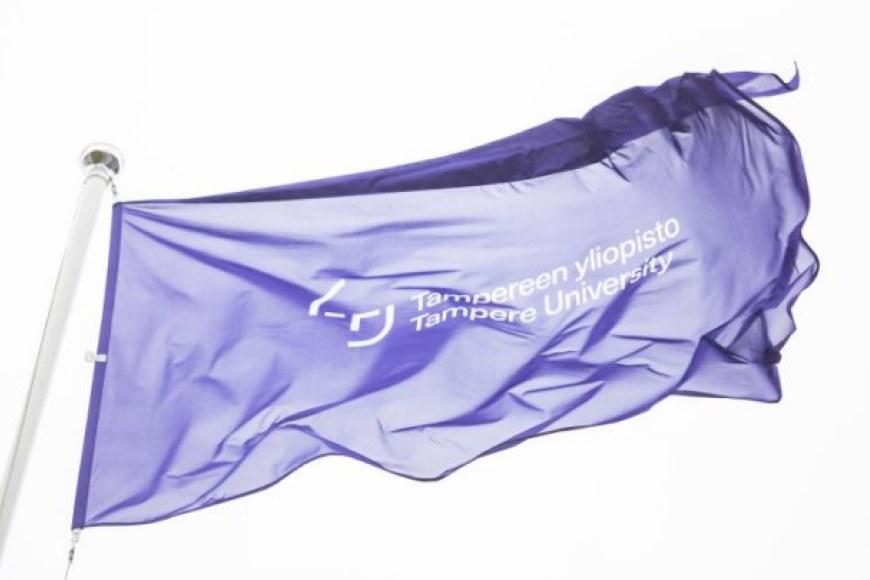
The total funding of this Research Council is approximately €40 million while the success rate of all applications was about 18%. The most important criterion in the funding decisions made by the Research Council for Biosciences, Health and the Environment was the high scientific level of research. The Research Council also emphasised potential impact.
Improving celiac disease diagnostics and prediction
Professor Katri Kaukinen’s project is called Improving celiac disease diagnostics – a step towards prediction and earlier treatment.
Celiac disease (CD) is a common, yet highly under-diagnosed dietary gluten driven gastrointestinal disorder. It is associated with severe health complications and increased morbidity and mortality, which could be attenuated or prevented by early diagnosis and treatment.
Serological screening by CD-specific antibodies is a reliable method to diagnose patients but whether population-based screening of CD is justified remains open. Moreover, there is currently no information on who should be subjected to serological CD screening and when and how often such screening should be conducted. Furthermore, current technology makes it challenging to diagnose people with low or negative levels of celiac disease antibodies. In addition, no methods exist to predict the onset of celiac disease in later life. The research project aims to provide improvements to address these challenges and deficiencies.
Treating corneal blindness with limbal tissue modelling
Professor Heli Skottman’s Academy Project aims to use molecular cell and 3D tissue modelling towards functional stem cell transplantation to treat limbal corneal blindness.
Corneal blindness affects millions resulting in reduced quality of life for the patients and deep socio-economic implications.
Corneal epithelium, the uppermost layer of the eye, is maintained by limbal stem cells (LSCs). Currently, there is no treatment modality available for those suffering from LSC loss in both eyes eg due to chemical burn or aniridia. Successful treatment would enable the re-establishment of LSCs. Despite advances in human pluripotent stem cell produced LSCs, a lack of profound understanding of the LSC identity and well-being is hindering their therapeutic potential.
The project aims to identify true functional LSCs and with combination of 3D in vitro cornea modelling, increased understanding of the factors affecting their functionality can be gained. Both scientific and societal impact is expected due to the novelty of the chosen methodology and direct translational value for the unmet clinical need.
The impact of early nutrition in the development of type 1 diabetes
Professor Suvi Virtanen’s research project will study the associations of early nutrition with the development of type 1 diabetes (T1D) and the mechanisms that mediate these associations.
The project utilises the set-up of two prospective cohorts (DIPP and TEDDY studies) and a randomised dietary trial (TRIGR).
The project will focus on four food groups and dietary factors closely related to them: 1) cereals, 2) milk products, 3) fish, and 4) fruit and vegetables. The aim is to study the associations of significant dietary risks and protective factors with the indicators of immune regulation, inflammation, gut microbiota, metabolism, virus infections, and the induction of islet autoimmunity and development of T1D. In all three studies, the participating children have increased genetic risk of T1D.
Over 17,000 children participated in these studies. The DIPP study was conducted in Finland while the TEDDY and TRIGR studies are international with Finland as one of the participating countries.
The aim of the Academy Project funding is to attain an internationally high scientific standard and to support scientific renewal and international research collaboration with top-tier research groups. Academy Projects employ researchers from different career stages for several years. Academy Projects are among the most important funding schemes of the Academy of Finland in terms of the number of applications, the number of grants, and the volume of funding.
Academy of Finland’s press release 26 May 2021
